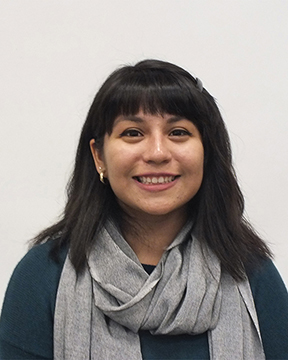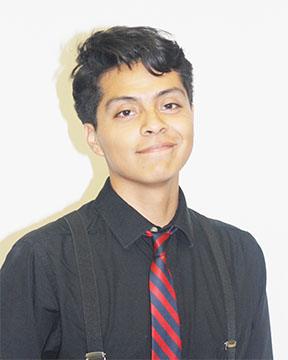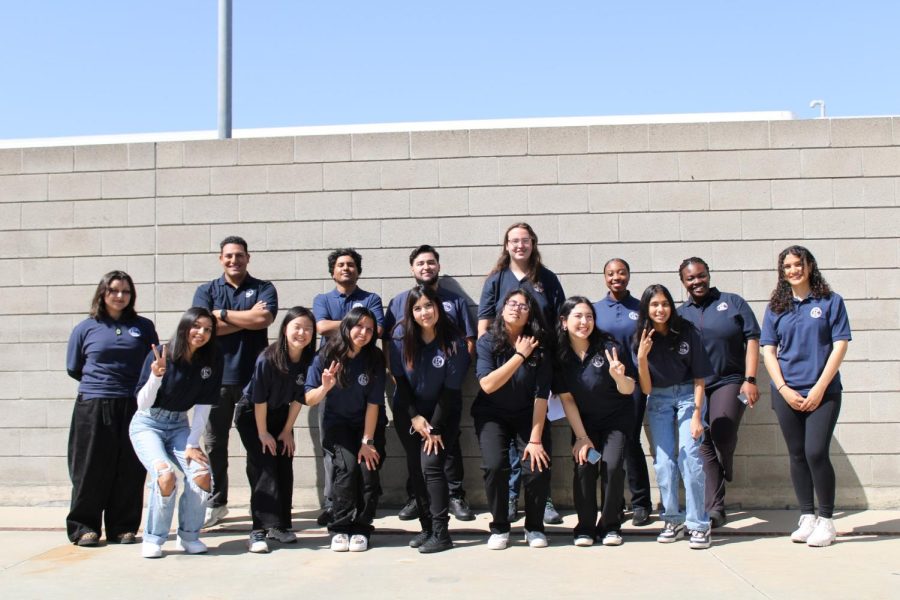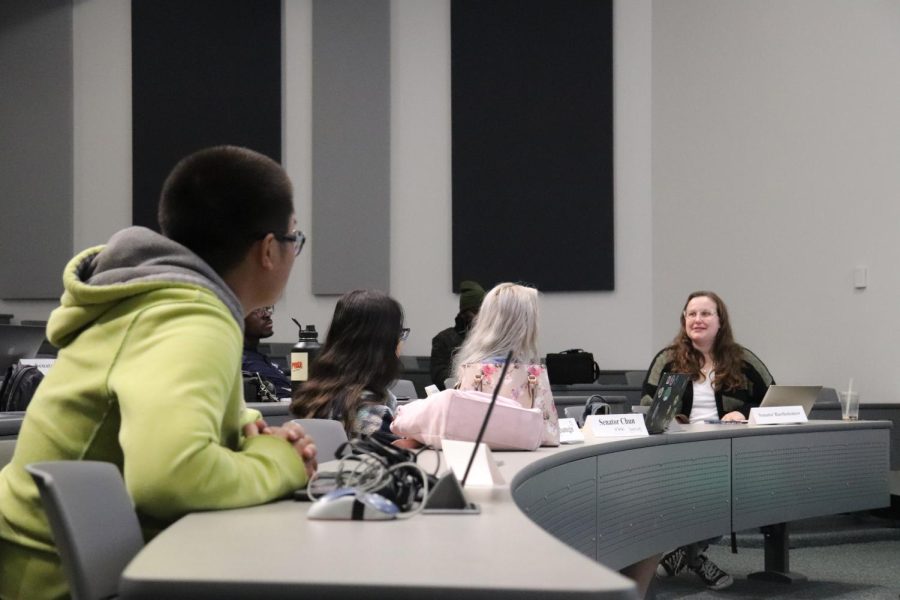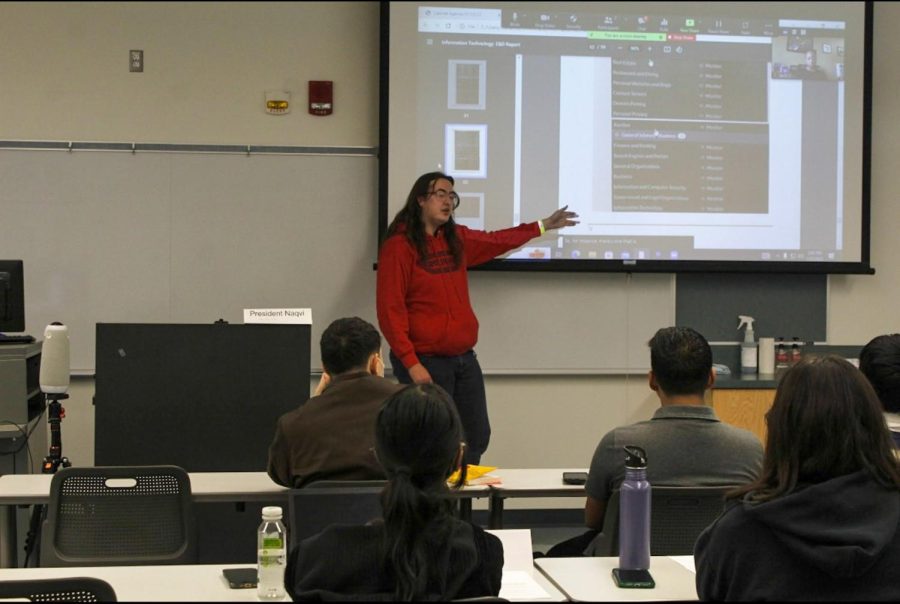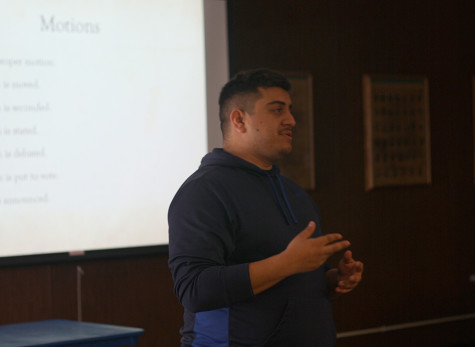
ASCC Judicial Court held their first meeting of the semester Jan. 13 in room BK-111.
The meeting included recaps of the Student Leadership conference, a presentation given by Daniel Gomez about the details of the Brown Act and parliamentary procedures, and updates about the ASCC Constitution Taskforce.
ASCC Chief Justice Alejandra Lopez described the conference as an overall success.
According to Lopez it was a good chance to meet the deans in an approachable fashion.
The Leadership conference was held in San Diego from Jan. 7 to 9 and was open for students to learn how to enhance their leadership skills.
The conference included guest speaker Alex Sheen, who is the founder of the movement “Because I said I would”, the board of trustees, Dean of Student Services Gilbert Contreras, and President Linda Lacy.
Contreras reported ideas which were discussed at the ASCC Senate meeting on Jan. 12.
One idea that is currently being decided on is the possibility of students receiving free bus transportation which would come from ASCC’s budget.
Cerritos College will team up with local transit systems allowing students to use a TAP card for free transportation to surrounding cities. Another topic that was discussed is whether or not to turn the game room into a Diversity Center.
Daniel Gomez, Assistant to the Coordinator of Student Activities, opened up new business by giving a presentation about the Brown Act.
According to Gomez it’s been a long break and a long semester plus it’s the law to follow, it’s good to refresh the public with what is the Brown Act.
Gomez said, “I wanted to make sure everyone had a good general idea of what the Brown Act is…most of the public didn’t know, so [the public] can know what’s happening here and in Senate”
The Brown Act basically allows transparency for people to know exactly what’s happening in meetings. It is the general rights of members to attend meetings and agendas must be posted 72 hours in advance (weekends not counted).
Gomez then presented details about parliamentary procedures. Parliamentary procedures are the system of rules, customs and ethics meetings are supposed to have to allow meetings to run smoother.
Associate Justice Eduardo De La Rosa said parliamentary procedure is important because it’s a way to be able to organize our thoughts and be able to relay information not only to each other but to the public in a way that’s efficient, uninterrupted and clear.
He felt that this system was good to go over during the meeting because if the Court and Senate learn it well “…we can definitely get a lot done and accomplish more in every meeting.”
ASCC Constitution Taskforce briefly discussed updating the bylaws with members from the Senate. They will look through the last three years of bylaws and update them to make sure they are using the most current ones.
ASCC Judicial Court meetings are held every Tue. at 11 a.m. in room BK-111.



